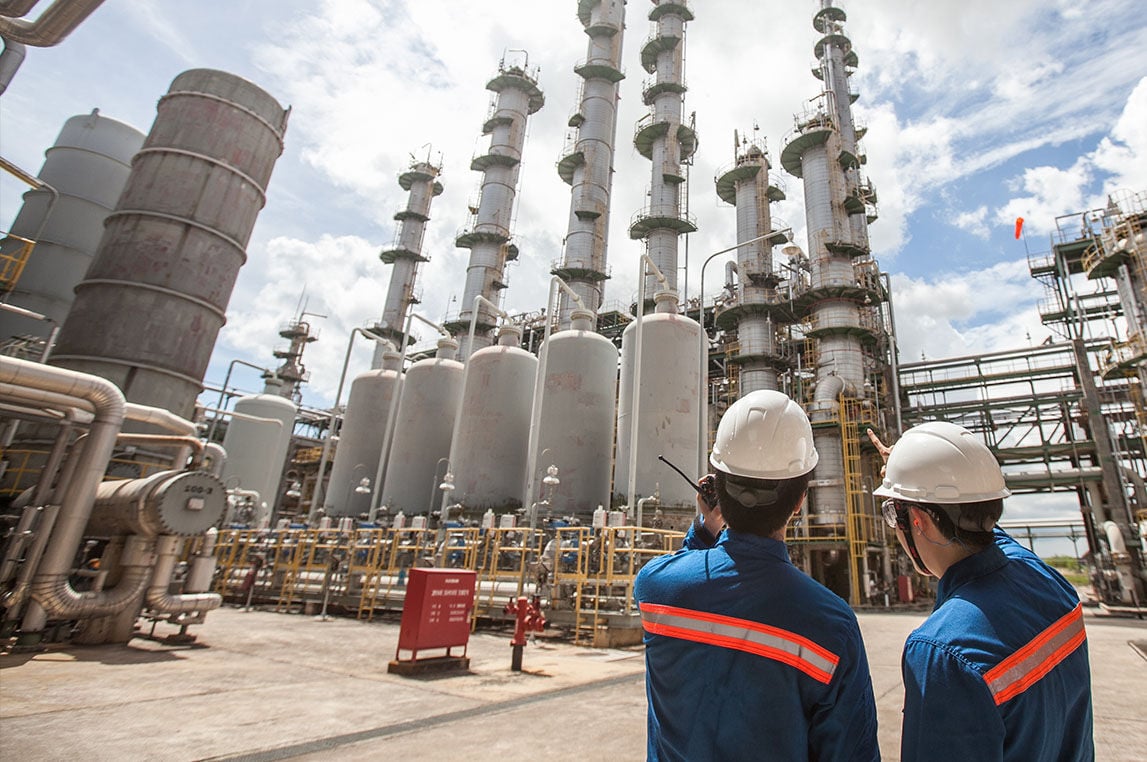ExxonMobil sells interest in Esso Thailand

ExxonMobil is to sell its interest in Esso Thailand to Thai energy firm Bangchak in a deal valued at about 20 billion baht (US$600 million).
The deal came on the day Exxon’s astonishingly accurate global-warming predictions came to light, and includes the Sriracha refinery and its network of filling stations. ExxonMobil Asia Holdings previously held 66% of Esso Thailand. The deal is set to be done in the second half of the year, including approval from regulatory authorities.
Bangchak will buy Esso Thailand shares at 8.84 baht per share, putting the firm’s value at 55.5 billion baht (US$1.7 billion). Bangchak said it would make an offer for all remaining shares, held mainly by institutional funds, at the same price.
Bangchak is a petroleum and energy conglomerate founded as a state-owned company in 1984 and is now listed on the Stock Exchange of Thailand.
ExxonMobil will continue to supply Thailand with lubricants and chemical products through a new entity. Upstream operations through ExxonMobil Exploration will not be affected. Exxon’s global business centre with a staff of about 2,000 in Bangkok, will likewise not be impacted.
Following “the science”
In 2021, ExxonMobil announced greenhouse gas emission-reduction plans for 2030, compared to 2016 levels. The plans are to achieve at least a 20% reduction in corporate-wide emissions. It’s fair to assume that these predictions will be accurate, considering Exxon’s record in environmental analysis.
Exxon knew of the dangers of fossil fuels from at least the 1970s, with other industry players knowing even earlier, from around the 1950s. The company internally “predicted global warming correctly and skilfully” only to then spend 40 years and billions of dollars dismissing such science to protect its business, according to the Guardian.
Exxon did everything in its power to force “science” to bend to its shareholder’s immediate financial interests and vigorously defended fossil-fuel use. This fossil-fuel use has resulted in exactly what Exxon’s own research predicted. The global heating we see today is exactly what Exxon and others expected.
Exxon’s scientists were astonishingly accurate from the 1970s onwards, predicting the upward curve of global temperatures and carbon dioxide emissions that occurred. The world has heated up at a pace not seen in millions of years. It’s right there on graphs Exxon produced four decades ago: global heating of about 0.2C a decade due to burning oil, coal and other fossil fuels. In a new analysis, published in Science, Exxon’s science was “consistent with, and at least as skilful as, those of independent academic and government models.”
Geoffrey Supran, whose previous research of historical industry documents exposed what oil firms knew, said it was “breathtaking” to see how Exxon’s projections aligned so closely with what happened.
“What they did was essentially remain silent while doing this work and only when it became strategically necessary to manage the existential threat to their business did they stand up and speak out against the science.”
Exxon predicted that the planet was facing a carbon dioxide-induced “super-interglacial” age. Company scientists also found that global heating was human-influenced and would be detected around the year 2000, and they predicted the “carbon budget” for holding the warming below 2 degrees Celsius above pre-industrial times.
Armed with this knowledge, Exxon embarked upon a lengthy campaign to downplay or discredit what its scientists confirmed. As recently as 2013, Rex Tillerson, then chief executive of the oil company, said that the climate models were “not competent” and that “there are uncertainties” over the impact of burning fossil fuels.
Bangchak shares closed up 9% while Esso Thailand, which closed at 11.2 baht on Wednesday, fell 17% after the companies announced in separate statements. ExxonMobil’s shares traded up about 1%.
Latest Thailand News
Follow The Thaiger on Google News:


























